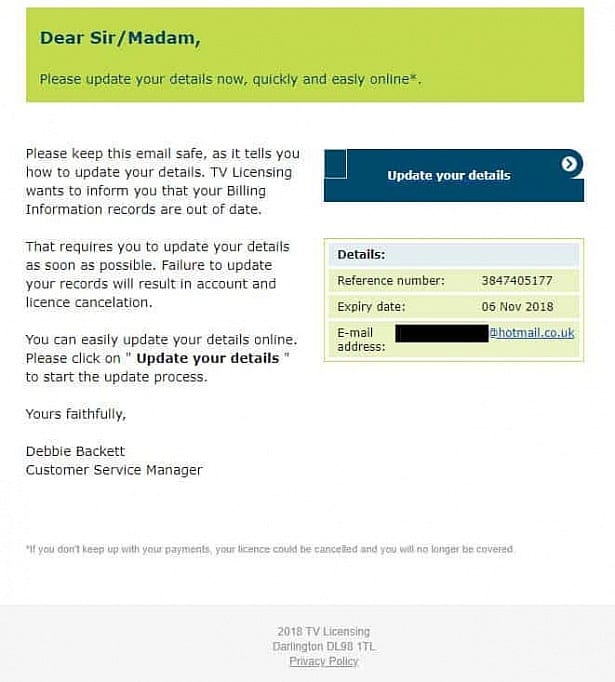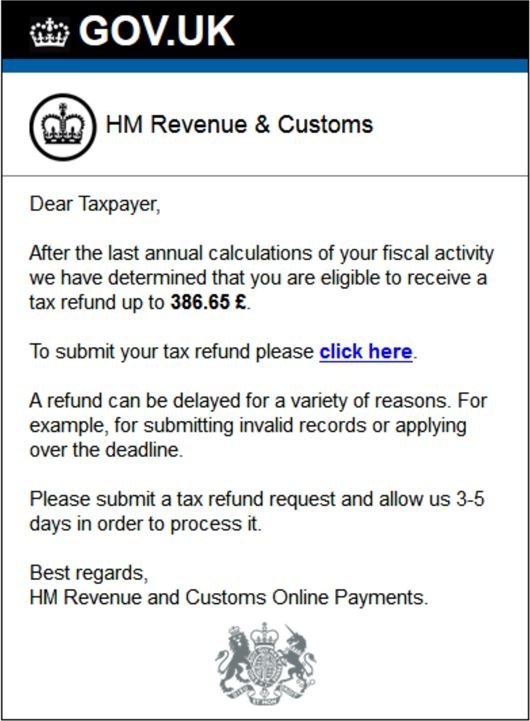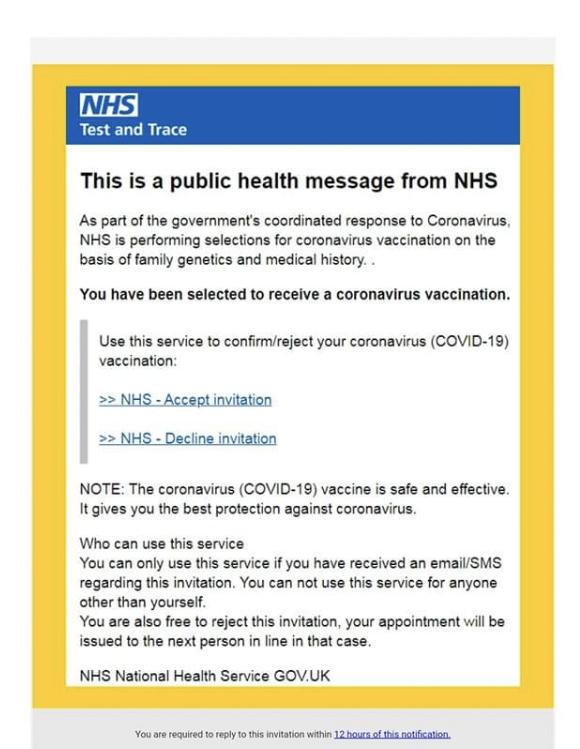If you live in the UK you will be well aware of the recent panic buying at petrol stations (or the toilet roll panic of lockdown #1). Despite being reassured that there isn’t a fuel shortage just a shortage in lorry drivers, many people were found flocking to petrol stations to fill up their car, their caravan and jerry cans.
So where am I going with this?
Instilling panic makes people behave irrationally – and this is a number 1 tactic of cyber criminals. Discover common scam tactics and how to avoid them (without panicking!).
Creating Urgency
Similar with the recent panic buying of petrol, cyber criminals often use tactics to create urgency in whatever they’re trying to get you to do – usually give away your personal data. By giving victims a deadline or a negative impact to them not carry out the desired action quickly, encourages people to act without thinking.
TV Licence Expiry
This is usually in the form of an email saying your TV licence is about to expire and you need to pay to continue watching TV. If sent near the time your contract actually does end, or if you are caught off guard, you could be fooled into giving away your bank details.
What’s important to know is that if you fail to pay your TV licence you get a number of warnings through the post before legal action is sought.
Meaning you have time to check the legitimacy of the email, even contact TV Licensing if necessary to double check you’re not being scammed.

Hermes Missed Delivery
Another example of scammers creating a sense of urgency is with delivery service scams. These are easy to fall for if targeted when you are actually expecting a package!
A recent scam mimicking Hermes told recipients that their delivery driver was unable to deliver their package and that there would be a fee to pay for it to be redelivered. Whilst the fee is usually only small, this is how they gather your bank details for further fraud. The sense of urgency here is to act quick to avoid your package being returned to sender. In this scenario, visit Hermes’ website from either typing their address into your browser or using Google and then check the status of your delivery.
If they really did miss you, they will usually try and deliver again free of charge.

Using a voice of authority
We all know that scammers trick us by pretending to be someone else, usually, a well-known organisation with easily recognisable branding. The most successful attempts often use voices of authority, such as the Government, where people are even more likely to listen to them.
HMRC Tax Rebate
Probably the most widely seen scams claim to be from HMRC, usually around tax rebates. Scammers send a text or email with the promise of a rebate in exchange for your personal information. Unsurprisingly when offered the possibility of a refund or compensation, common sense often goes out the window.
In order to help you determine what’s real and what isn’t the Government have a handy web page that gives information on legitimate HMRC messages that have been sent recently: https://www.gov.uk/government/collections/check-a-list-of-genuine-hmrc-contacts.

NHS Vaccine Booking
Now this final example was made ‘famous’ thanks to COVID. At a time when more messages than usual were being shared by the NHS and around a topic that was affecting everyone, cyber criminals knew what they were doing.
During the pandemic, scammers sent fraudulent texts or emails inviting people to book their vaccine, again in exchange for personal details. For many, the NHS has a reputation for being trusted and reliable, which is why a great number of people fell victim to these scams. Due to the global coverage of COVID, this scam made the news quite a bit, meaning hopefully people are more aware.

DON’T PANIC
The same way you all (hopefully) thought rationally before rushing out to fill your jerry cans, always take 5 when being asked to give personal details. With just a few moments research (checking the URL, having a Google, checking your contract information etc.) you should be able to find out if what you’re seeing is legit. The majority of the time, with a simple Google you will see if anyone else has seen the same scam and stop yourself from panic-clicking!
(But of course if you want some tech to enhance your security get in touch)

